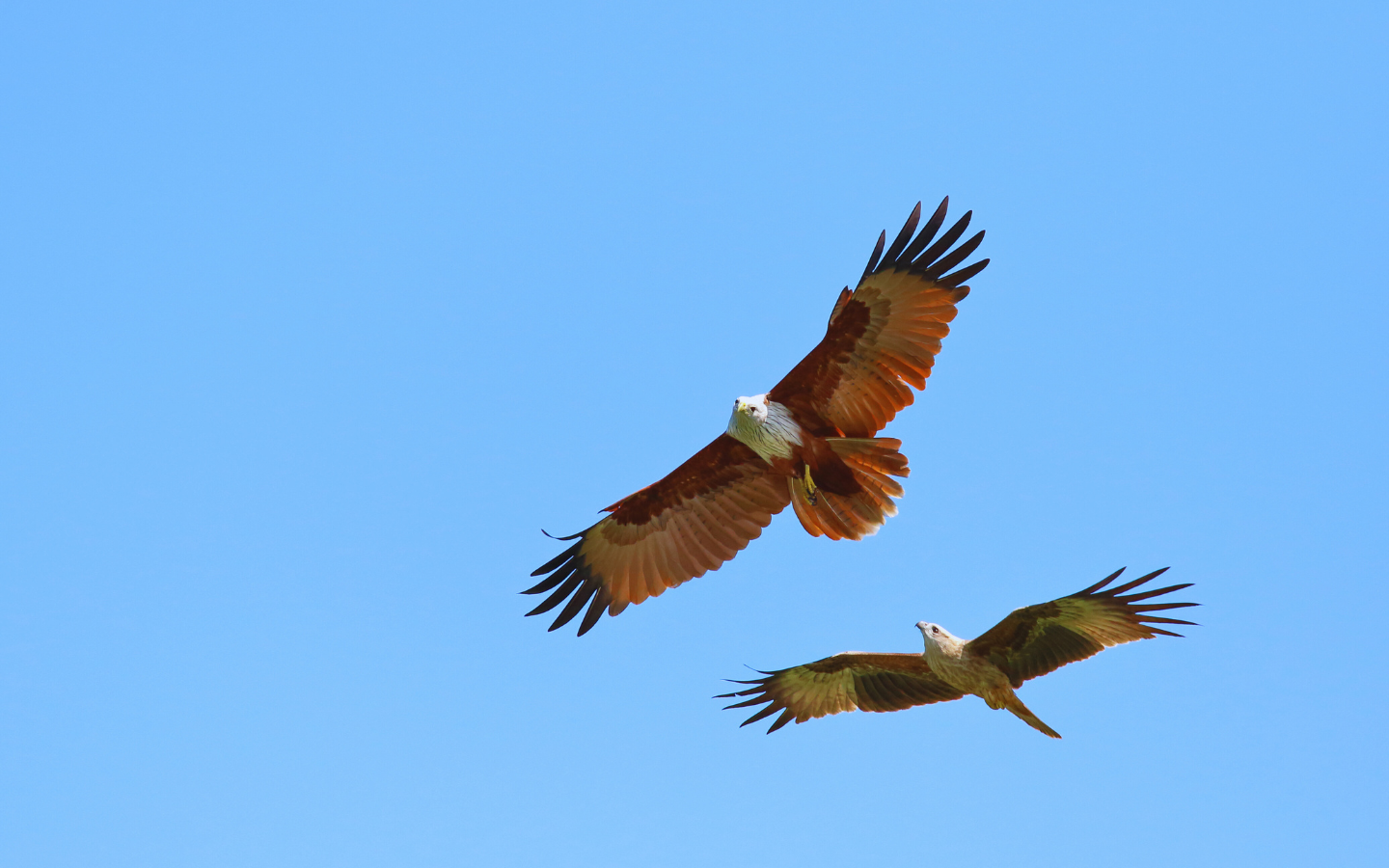His name, Hawk Tuah, is a representation of courage, resilience, and leadership. This legendary icon has been compared to historical icons such as that of King Arthur and Robin Hood, and it has been the cornerstone of folklore and mythology, especially in Southeast Asia, Malaysia in particular. Being the figurehead for strength and valour, his story has grown from generation to generation through oral storytelling into becoming a cultural avatar of bravery and loyalty.
In this article, we trace the origin, the importance of Hawk Tuah within both historical and mythical frameworks, and how he has continued to inspire people today.
The Mythical Origin of Hawk Tuah
The story of Hawk Tuah-that is, in Malay, Hang Tuah-is enveloped in that of the famous Malay Annals: a historical and literary text which narrates the early history of the Malay world. The story unfolds within the Sultanate of Malacca, the mighty kingdom in the 15th century, where Tuah is said to have been one of the most loyal warriors and admirals serving Sultan Mansur Shah.
According to legend, he was one of the five closest companions, all highly skilled warriors serving as protectors to the Sultan. Being incomparably brave, with martial prowess unparalleled, he was the most reliable and respectable warrior in the kingdom for his profound loyalty towards his Sultan. Hawk Tuah’s role was not only to protect the Sultan and the empire but also to defend the honour of the Malay people.
A Symbol of Loyalty and Betrayal
Perhaps the most cemented legacy of Hawk Tuah is that he was very loyal to the Sultan, yet it is also a tale of betrayal, friendship, and forgiveness. This is the story of Hawk Tuah, who, in one of its variants, had been falsely accused of treason, on account of jealous courtiers, and was condemned to death by the Sultan. But instead of carrying out the execution order against Hawk Tuah, the chief minister saved him and sent him to a remote village to hide.
When he found out that his trusted friend Hawk Tuah was still alive, one of his closest companions, Hang Jebat, ran riot in protest against the Sultan for the unjust verdict of his close friend. This led to the tragic confrontation between Hawk Tuah and Hang Jebat, once inseparable friends, as the former was ordered to kill Jebat to put an end to the disturbance in the kingdom.
This moral predicament has remained a defining instant in the story of Hawk Tuah: the tension inside between his personal loyalty to comrades and public duty to the ruler. Inevitably, Hawk Tuah chose to follow the order of the Sultan, knowing full well the grave injustice involved, and this decision gives rise to the debate over the themes of loyalty, power, and justice that have raged for centuries.
The Historical Context of Hawk Tuah
While Tuah was often viewed as a mythical character, there were also historical mentions that his character might have been inspired by real-life events or people. Simultaneously, the 15th-century Sultanate of Malacca was indeed one of the most powerful trading empires in Asia; such was the need for highly organized groups of skilled warriors and royal protectors in keeping the dominance of the reign.
Some historians believe that perhaps Hawk Tuah was a creation from one or several historical characters serving under the Sultan of Malacca. The story of Hawk Tuah, though very difficult to separate fact from fiction, reflects the values and virtues highly regarded in Malay society at the time of the rise of the Malacca Sultanate.
Hawk Tuah’s Influence upon Malay Culture
The legacy of Hawk Tuah finds a very deep enshrinement in Malay culture, not as a historical or mythical figure but more so as a symbol to denote some ideal values like loyalty, bravery, and honor. His story has been narrated through various forms of literature, drama, and film umpteen numbers of times. One of the well-known literary pieces on Hawk Tuah is “Hikayat Hang Tuah,” a Malay epic about his adventures, battles, and the moral challenges he faced.
In the modern world, Hawk Tuah is a national hero to Malaysia. From streets to schools and military units, his name is everywhere, testifying to his power. The quotation “Takkan Melayu Hilang Di Dunia”, translated to “The Malays will never vanish from the world”, is commonly mentioned by many as what Hawk Tuah says, depicting his character as a protector of Malay identity and culture. His loyalty to the Sultan and the kingdom stands out as an example of patriotism and commitment to one’s homeland.
Hawk Tuang in Contemporary Interpretations
Over the years, the story of Hawk Tuah has been given varied meanings depending upon the prevailing social and political situations. During the colonial era, it is hailed by many as a story of resistance to foreign invaders and an appeal for national integration. His unwavering loyalty towards the Sultan was seen as an ideal example of retaining cultural integrity in the face of outside influences.
In fact, Hawk Tuah has sometimes been used as a metaphor in contemporary Malaysia for tension between tradition and modernity. When Hawk Tuah had an internal struggle between his personal loyalty and his duty to authority, the people could understand this dilemma faced by modern people in their effort to balance individual beliefs with the expectations of society.
Other reinterpretations of the story of Hawk Tuah dwell on moral ambiguities that beset the choices he had to confront. For instance, killing one’s best friend, Hang Jebat, for being disloyal to a less-than-perfect ruler is open to much scrutiny. Today, in discussions, Hawk Tuah’s actions are debated for being examples of heroism as for the ethical complexity of the latter.
Conclusion
The story of Hang Tuah encompasses, but is not limited to, that of a mythological warrior; it is a reflection of the value systems, challenges, and moral questions that have shaped Malay culture for centuries. His loyalty, bravery, and sense of duty have made him a symbol of heroism, while the tragic elements of his story remind us of the complexities of human nature.
The legacy of Hawk Tuah continues to inspire new generations not only in Malaysia but throughout the world as a figure personifying the timeless struggle between duty and personal integrity. Whether a historical figure, a myth, or a cultural icon, Hawk Tuah is at the very core of any exploration into what loyalty, justice, and being a true hero really mean.








One Response